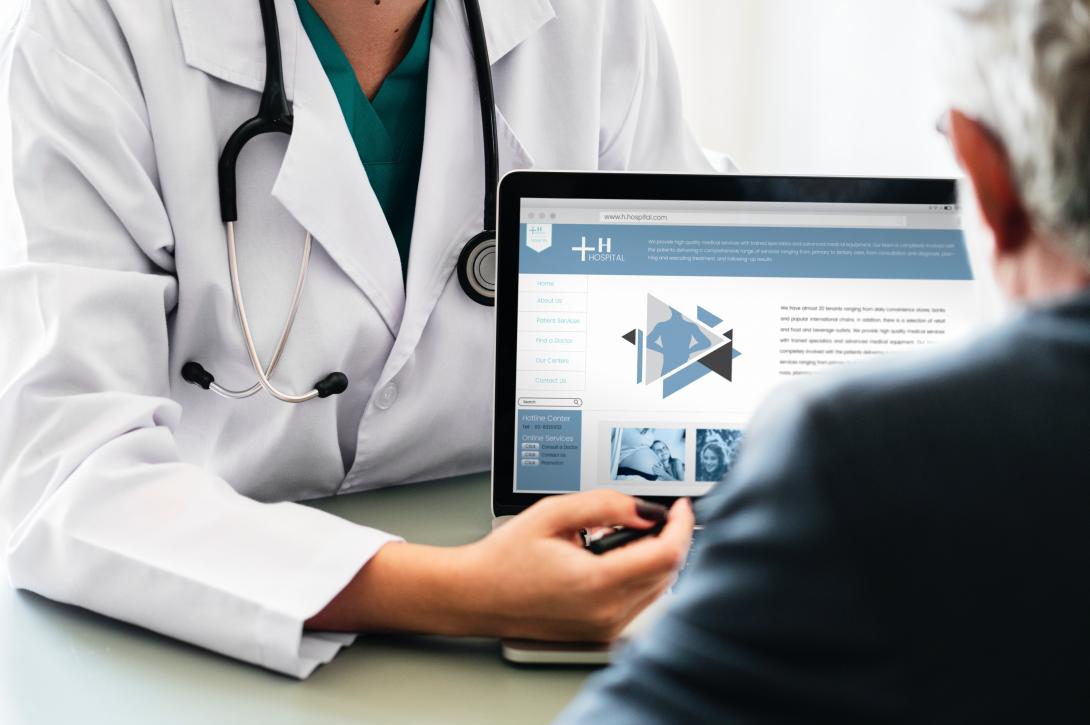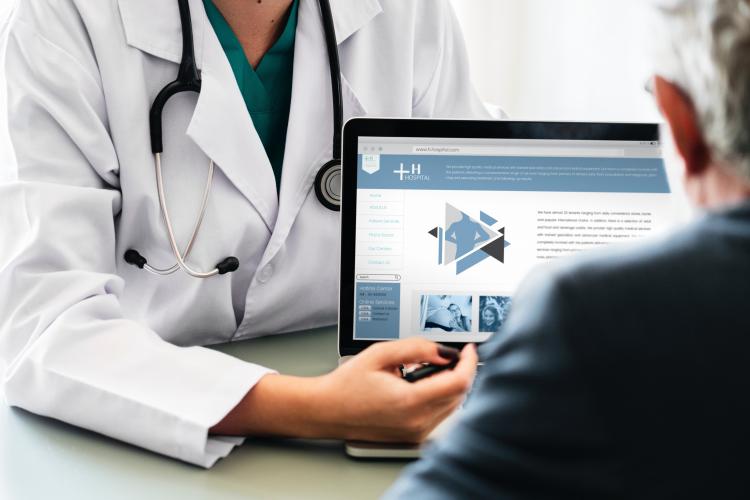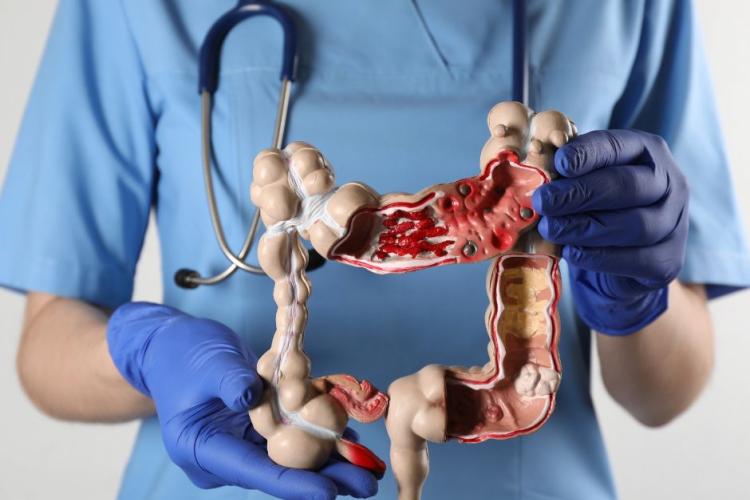
Even Young Adults Should See a PCP for Early Detection and Prevention
Adults of all ages, even those in their 20s and 30s, should have a primary care physician (PCP). “While you may feel healthy now, having a primary care doctor is essential for maintaining your health in the long term and ensuring that you have access to comprehensive, coordinated healthcare when you need it,” said Noble Jacob, M.D., a board-certified family medicine physician with Highland Medical, P.C., Orangetown Family Practice in Tappan, NY.
If you are healthy and don’t have extensive medical needs, it’s a good time to establish a relationship with a primary care physician. The doctor can get to know you and help you meet your health goals. If you become ill, your doctor will already know you and your health history.
Quarterbacks of Medicine
Dr. Jacob calls PCPs the “quarterbacks of medicine.” They connect and coordinate with other parts of the health system.
PCPS provide:
- Preventive care. Regular check-ups with a primary care doctor allow for early detection and prevention of health issues. They can provide vaccinations, screenings, and counseling on maintaining a healthy lifestyle.
- Continuity of care. Having a primary care doctor means establishing a long-term relationship with a healthcare provider who knows your medical history. “This can be invaluable in managing your health over time,” Dr. Jacob said.
- Coordination of care. Your primary care doctor can coordinate any specialist care you may need, ensuring that all aspects of your health are being addressed and that your treatments don't conflict.
- Health education. Your primary care doctor can educate you about your health, helping you understand your risk factors and empowering you to make informed decisions about your lifestyle and healthcare.
- Resource for health concerns. Whether you have minor health concerns or questions, having a primary care doctor provides you with a trusted resource to turn to for advice and guidance.
- Access to referrals. If you ever need specialized care or treatment, your primary care doctor can provide referrals to trusted specialists and coordinate your care with them.
“Health problems get bigger, both physically and figuratively, over time,” Dr. Jacob said. “By the time you notice something is off, care will likely be more complicated, expensive and time-consuming than if you’d addressed it earlier.”
For instance, if you don't attend to obesity-related diabetes in your 20s and 30s, you’re not only going to pay more in your 40s and 50s for complications that have arisen over decades but you're also going to spend more time in and out of the hospital, and your loved ones will be tasked with looking after you, he said.
Preparing For Your PCP Visit
Here are some tips to make the most of your visit with your primary care physician.
Before you see your PCP for the first time, gather any previous medical records you have. Also, bring medication lists and insurance information.
Bring a written list of questions to make sure you remember to cover all your concerns.
Find out how you should communicate with your PCP team between visits. Does the practice have a secure patient portal where non-urgent issues can be addressed? This may reduce the need for an in-person visit.
Most adults will have to enter the healthcare system at some point in their lives. Having a primary care physician who knows you and your health history will help ensure that you get the care that you need.
To find a primary care physician, visit highlandmedicalpc.com/primary-care.



 Upcoming Events
Upcoming Events



